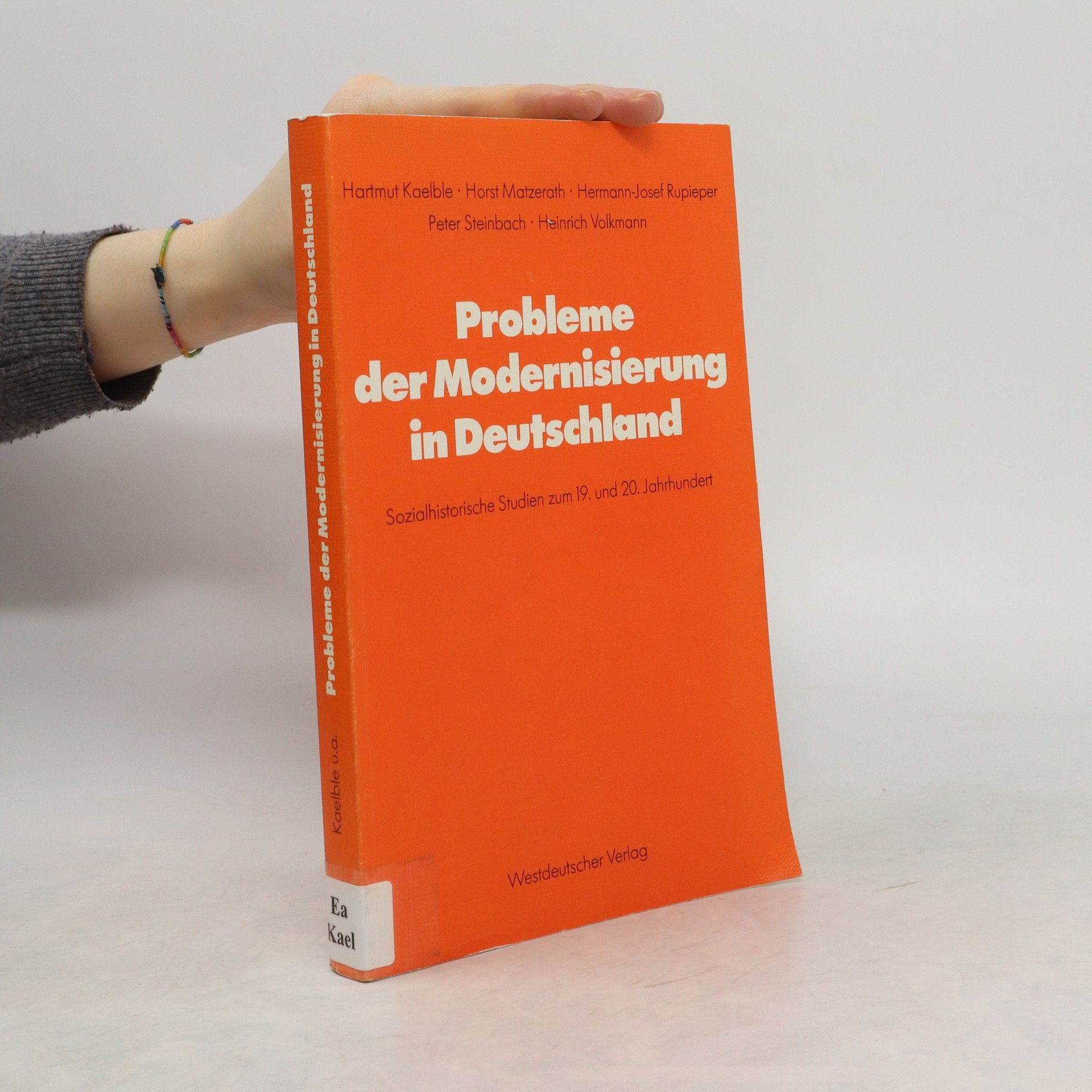Das soziale Europa
Europäische Sozialpolitik und nationale Wohlfahrtsstaaten, 1883–2020






Europäische Sozialpolitik und nationale Wohlfahrtsstaaten, 1883–2020
A Historian's Response to Recent Debates among Economists
Focusing on the multifaceted nature of social inequality, the book examines wealth and income distribution in Europe throughout the 20th and early 21st centuries. It highlights often-overlooked factors such as education, health, and housing, challenging the belief that capitalism inherently leads to wealth gaps. By analyzing historical events, including wars and economic crises, Hartmut Kaelble provides insights into how these dynamics have shaped contemporary social inequality and offers a nuanced perspective on potential solutions.
Die zehnbändige Reihe C.H.Beck Geschichte Europas bietet eine umfassende und zeitgemäße Darstellung der europäischen Geschichte von der Antike bis zur Gegenwart, versammelt in einer Kassette. Die Bände behandeln Themen von der Antike bis zur Globalisierung, einschließlich Christianisierung, Kriegen und Demokratie.
Die Geschichte der europäischen Integration sieht man oft als ein reines Elitenprojekt an. Die Bürgerinnen und Bürger der Mitgliedsländer der Europäischen Gemeinschaft und der Europäischen Union erscheinen daran als unbeteiligt und desinteressiert. Doch dieses Urteil trügt: Sie hatten oft nur andere, eigenständige Vorstellungen vom Zusammenwachsen Europas als die politischen Entscheider. Sie nahmen zudem, vor allem seit den 1980er-Jahren, über Wahlen, Referenden, Interessengruppen, Beschwerden, Eingaben und Klagen aktiv Einfluss auf Europa. Sie erlebten Perioden des Vertrauens in die europäischen Institutionen, aber auch Phasen des Misstrauens. Auf der Basis von bisher kaum ausgewerteten Quellen zeichnet Hartmut Kaelbles Buch ein neues Bild der Vorstellungen und der Partizipation der Bürgerinnen und Bürger der EU im historischen Wandel.
Der historische Vergleich ist in den vergangenen zwanzig Jahren zu einer wichtigen Arbeitsmethode von Historikern und historisch orientierten Sozialwissenschaftlern geworden. Diese Einführung gibt einen Überblick über die verschiedenen Vergleichsansätze, stellt eine Typologie der Intentionen historischer Komparatisten vor und behandelt die Besonderheiten und Eigenarten des historischen Vergleichs gegenüber dem soziologischen und ethnologischen Vergleich. Darüber hinaus enthält sie praktische Empfehlungen für die Fragestellung, die Auswahl der Vergleichsfälle, für die Quellen sowie für den historischen Kontext und gibt einen kurzen Überblick über die grundsätzlichen Entwicklungstendenzen des historischen Vergleichs am Beispiel der Sozialgeschichte.
Entfremdung und Annäherung der französischen und deutschen Gesellschaft seit 1880
German